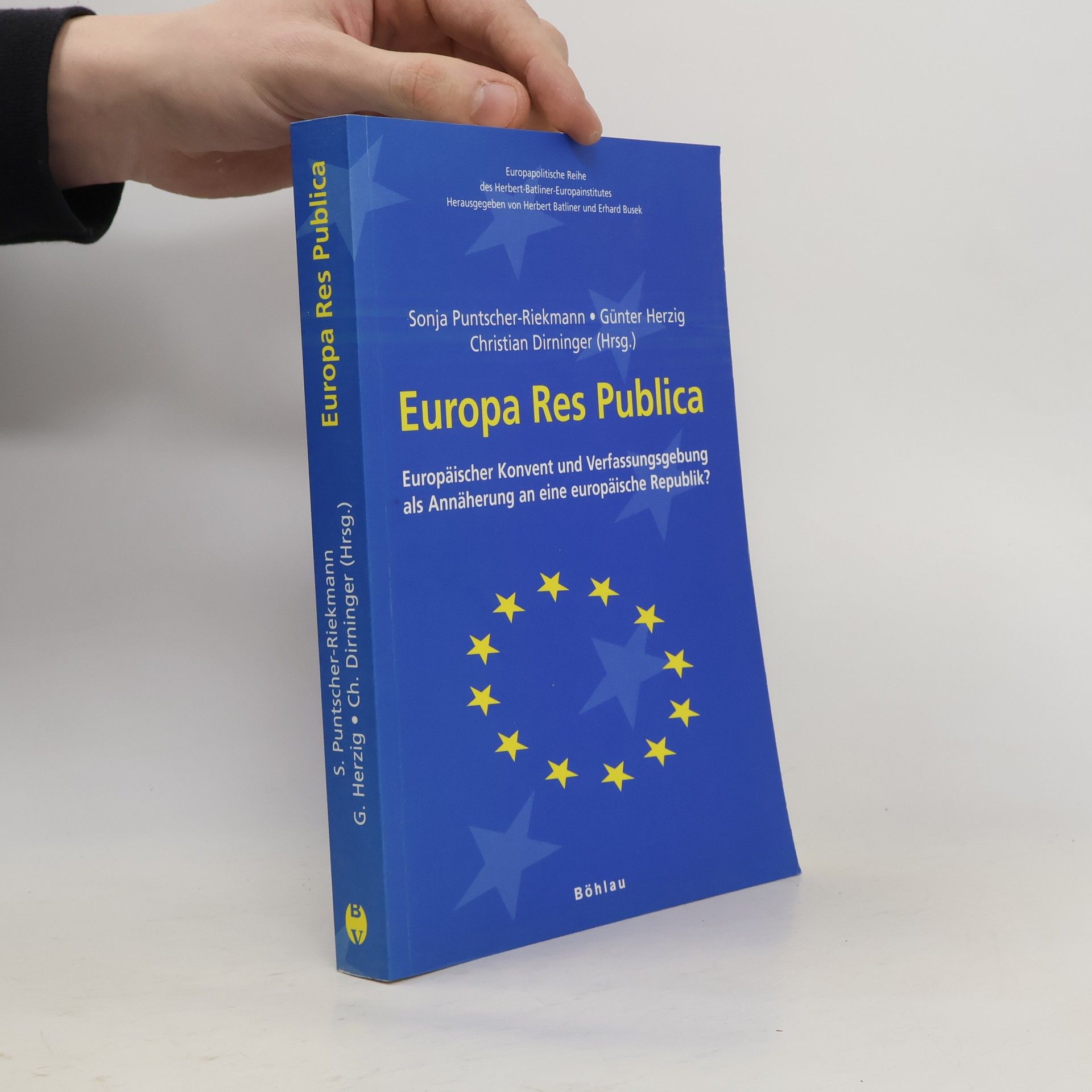Europa res publica
- 288bladzijden
- 11 uur lezen
Seit den Umwälzungen der späten 1980er Jahre hat die Europäische Union durch den Beitritt von 13 weiteren Staaten an Bedeutung gewonnen. Gleichzeitig führten Vertragsrevisionen zu einer Vertiefung des Integrationsprojekts. Der europäische Verfassungsgebungsprozess, der 2000 begann, ist fünf Jahre später noch nicht abgeschlossen. Ziel dieser Verfassungsgebung ist es, die Erweiterung und Vertiefung zu harmonisieren und die EU den Bürgerinnen und Bürgern näherzubringen. Diese Ziele sind nach den gescheiterten Referenden in Frankreich und den Niederlanden sowie der Ungewissheit über den Europäischen Verfassungsvertrag aktueller denn je. Der Sammelband versammelt Beiträge von nationalen und internationalen Expertinnen und Experten der Europaforschung sowie einigen jungen Wissenschaftlern, die im Rahmen einer interdisziplinären Ringvorlesung an der Universität Salzburg im Studienjahr 2003/2004 die Zukunft Europas als Annäherung an eine europäische Republik thematisierten. Die behandelten Themen reichen von den Vorläufern und Entstehungsbedingungen des europäischen Verfassungsvertrags über Reformschritte in bestimmten Bereichen bis hin zu Fragen einer europäischen Öffentlichkeit und der Zukunft der Europäischen Integration. Die Beiträge decken verschiedene Disziplinen ab: Europarecht, Politikwissenschaft und Geschichtswissenschaft.
